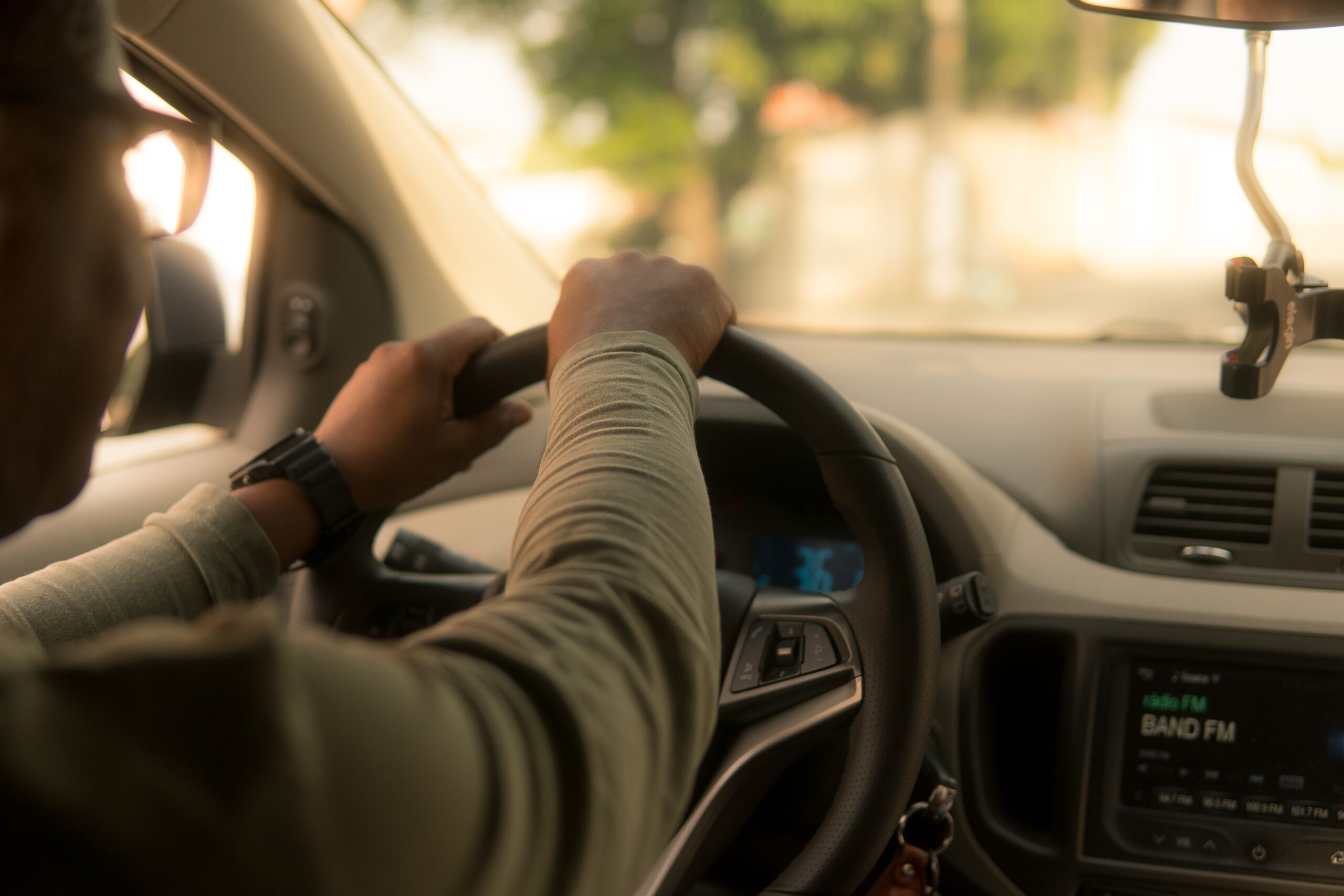- Says Gov’t will purchase 21 vehicles at P15m• Outlines advantages of outright buying over leasing
GAZETTE REPORTER
The government is not averse to adoption of a Uber-type of transport service for its operations but doing so would entail overhauling the entire fleet management system at a considerable cost, Parliament has heard.
Answering a question in the House this week, the Minister of Transport and Communications, Thulaganyo Segokgo, disclosed that the government is considering a shuttle bus service between Gaborone and Francistown “as a way of reducing travel costs”.
Minister Segokgo said the government will purchase a total of 21 brand new vehicles worth more than P15 million in the financial year that will begin in April. He was answering a question from the MP for Kanye North, Thapelo Letsholo, about how much government intends to spend on purchasing new vehicles from the 2020/2021 financial vote why leasing the vehicles is not an option.
“In the financial year 2020/21, government will only be purchasing 21 vehicles valued at P15,450,000.00 under the development vote,” Segokgo said. He went on to list the benefits of outright purchase versus leasing as creation of vehicle ownership by government, no monthly instalments to pay, and government procuring vehicles at discounted prices and thereby benefiting from economies of scale due to bulk purchases.
Minister Segokgo added that proceeds from auction sales are always higher than the reserve price due to competitive bidding. “The proceeds are deposited into government coffers for the benefit of the entire nation,” he noted.
Further, there are no repair costs associated with leasing, there is variety of choice with buying and the vehicles normally come with insurance cover.
“Government is amenable to introducing an Uber-type transport model for discharge of its duties,” he disclosed. “However, this model may have limitations such as its footprint across the country and its capacity in provision of specialised services, e.g. ambulances, availability of certain services as and when required. There is a need to carefully undertake a thorough analysis to compare the Uber-type of operation with the current government way of doing business.
“The model will also require the government to overhaul the entire fleet management system at a considerable cost. My ministry is considering to run a shuttle bus service between Gaborone and Francistown as a way of reducing travel costs across government.”
The minister informed Parliament that the government currently has 11 832 vehicles in its asset register and that this figure excludes the Yellow Fleet.




